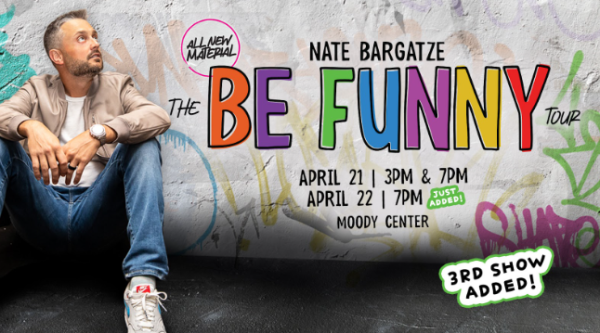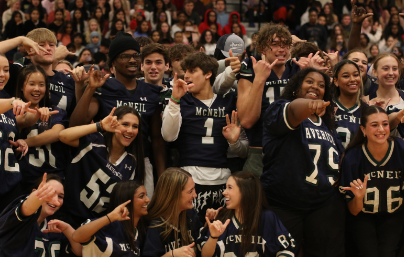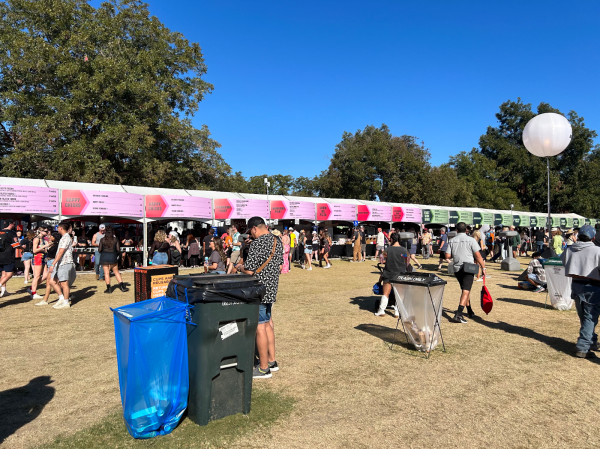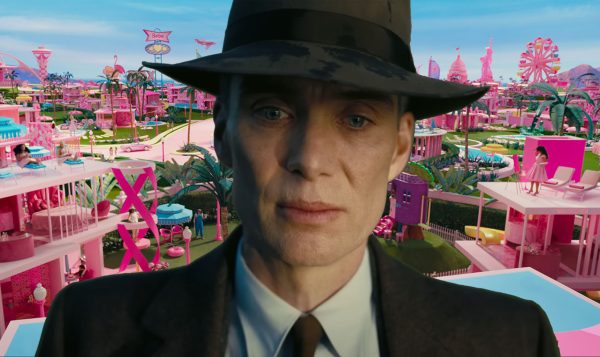Startling Similarities Between ‘Night’ and ‘Our Twisted Hero’
Franklin D. Roosevelt once said “The only thing we have to fear is fear itself.”
Often, people are unable to do the right thing due to fear or intimidation. It is human nature to allow someone else to do the hard job instead of doing it oneself out of fear of negative consequences. Countless times this flaw harms us; yet, we fail to correct this behavior.
In reality, we shouldn’t be afraid of being the person who has to do the hard job or make the difficult choice. We should step up and suffer on behalf of others, even if we are scared. We should actually be afraid of fear itself.
The books Night, by Elie Wiesel, and Our Twisted Hero, by Yi Mun Yol, demonstrate the dangers and endless consequences created by fear through their characters and people. The protagonists of both stories are placed in hostile environments where they must face their adversaries. The people of both novels have many similarities and a few differences. By understanding the differences and similarities between the ways in which people handle fear in the two novels, one can recognize fear’s numerous forms and realize the dangerous effects of fear on the human psyche.
The feeling of powerlessness overpowers many people whenever they face what seems to be an undefeatable enemy. Their sense of powerlessness turns into frustration and anger at this obstacle. In Our Twisted Hero, the main character, Han Pyongtae, becomes angry at his classmates, his teacher, and his enemy, the class monitor and leader Om Sokdae. Han moves from an elite elementary school in Seoul to a school in a rural area. Han expects to be respected and popular, but on his first day of school, he is practically ignored and experiences the dictatorship under Om for the first time.
After that, the conflict between Han and Om escalates. Han attempts to bring Om down by encouraging the other students to betray him, but fails miserably. As a result, Han gives up his resistance to Om’s authority. When people first face something they feel is unfair, one of the first emotions to rise is frustration and anger. Strangely, this anger is usually quelled into submission. After all, one of the strongest suppressors of anger is fear. The dominant leader of the pack uses the pack’s fear of what the leader could do to keep his followers in order.
Likewise, Elie’s family is relocated and forced to bear hunger, loss, and death at the death camps. The Jewish families have nothing concrete to rely on. During “selections”, the “weak” are sent to the crematorium to be killed. Elie’s mother and siblings are burned in the crematorium along with innumerable others. After seeing such tragedy, Elie loses his faith in God. He becomes angry and refuses to sing praises and fast on Yom Kippur.
Often, people will depend on their religion and when their religion fails to free them, some will relinquish their belief out of despair. It is in human nature to let go of things we think won’t help us and move on in different directions because we are afraid of hurting our lives. However, loss of faith can ultimately hurt people in the endl. In Elie’s case, rebellions were few at the concentration camp because fear was widespread and hope was lost. Since the majority of the people in both Han’s classroom and Elie’s concentration camp couldn’t repress their fear, they were forced to bear the consequences of it.
Han’s classmates had to be slaves for their “Master” Om, and a couple had even given up their test grades for him. Likewise, each Jew only thought to save themselves, fearing that uniting would decrease the chances of surviving. They only thought of the physical elements needed to keep them living such as adequate clothes and food. However, hope exists in human contact and relationships; it cannot exist for long without outside interaction. Elie witnessed the Jews at his camp lose the will to live and allow themselves to be burned in the crematorium. After all, there is only so much fear one can bear and once the breaking point is reached, one is in danger of losing one’s will.
When fear takes over a group, there is nothing the group can do for itself. In Night, the fear of the German guards keeps the prisoners from rebelling. Although it would be nearly impossible for the prisoners to overtake the German officers, frequent rebellions would have inspired hope and a will to live in the other prisoners. This obedience is understandable. It is instilled in the human brain to act for one’s own good. Taking part in a rebellion usually meant death for the Jews. As a result, rebellions were rare at Elie’s camp and it took the American Army to free the Jews from their hardships. After all, when we come across a problem that we feel is insurmountable, we often wait for someone else to set things right.
However, it can take a long time for someone to come and help. In addition, it is hard to fight back especially if one is deprived of something important, like the Jewish people. Without a source of hope, one can choose to not think for oneself and follow orders instead of resisting the oppressors. Likewise, Han’s classmates were finally released from Om’s tyranny when a new teacher came. However, unlike the prisoners in Night, the students were fully capable of getting rid of Om themselves; they just chose not to. Nobody was willing to put himself on the line by insulting Om. It takes courage to do so; unfortunately no student had this kind of bravery.
Most people will dare to be risky only when they don’t have much to lose. This is why Han resisted Om at first. As a new student, he had no status. The new teacher became suspicious of Om and his high test scores, and when he finally caught a student writing Om’s name on his test book, each student was beaten by the teacher and forced to confess Om’s wrongdoings. When the first boy confessed, more and more students began to betray Om. The students realized that if some people went against Om, their status wouldn’t be affected since Om would be outcasted. At last, the classroom became a democracy instead of a dictatorship. Both books demonstrate that a group may be great in number but unable to act against an adversary out of fear.
All in all, the stories in Our Twisted Hero and Night depict fear in the form of a dominating student and impending death. The plots demonstrate the effect fear has on humans and how humans cope with it.
Your donation will support the student journalists of McNeil High School. Your contribution will allow us to purchase equipment and cover our annual website hosting costs.












